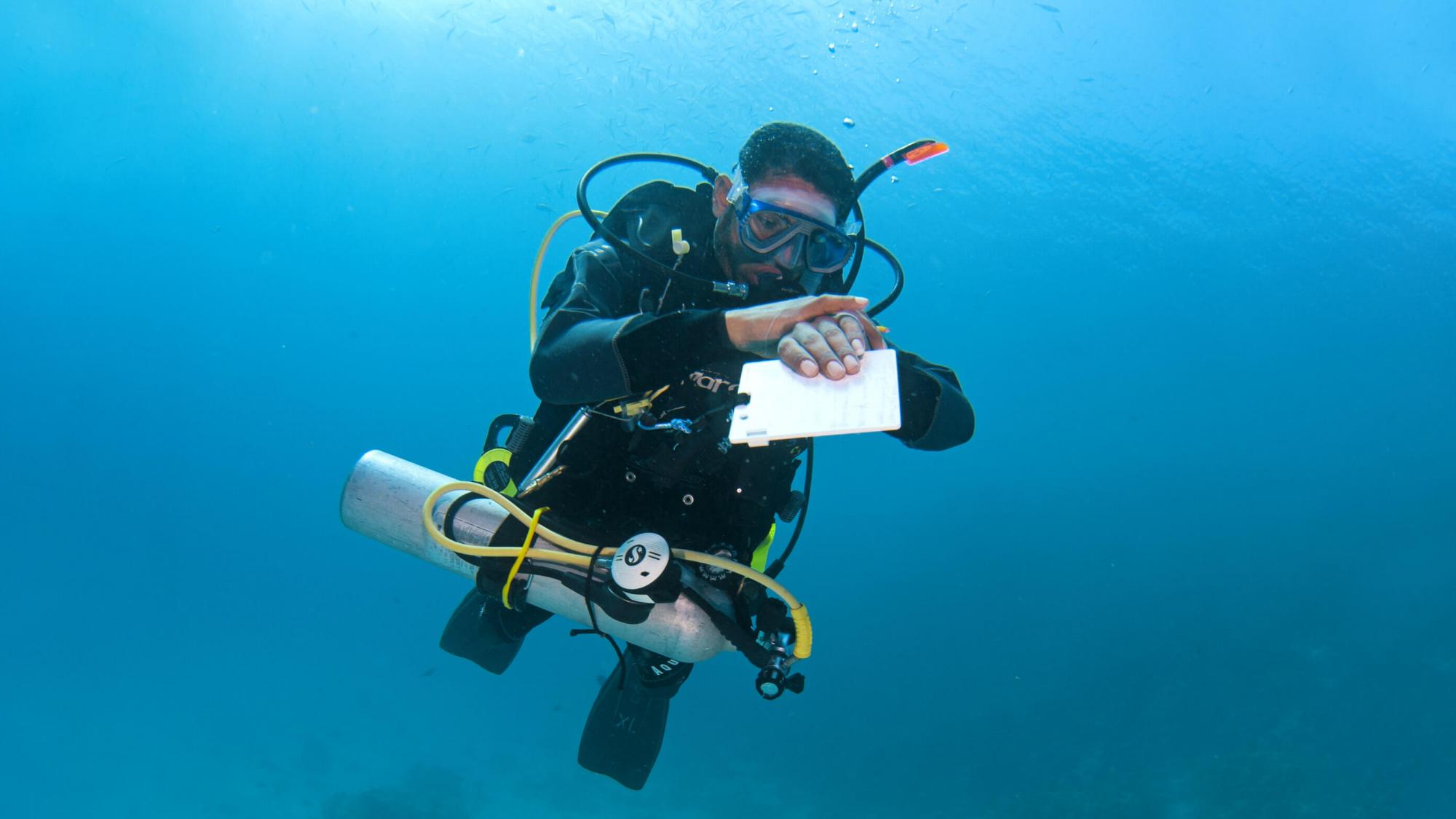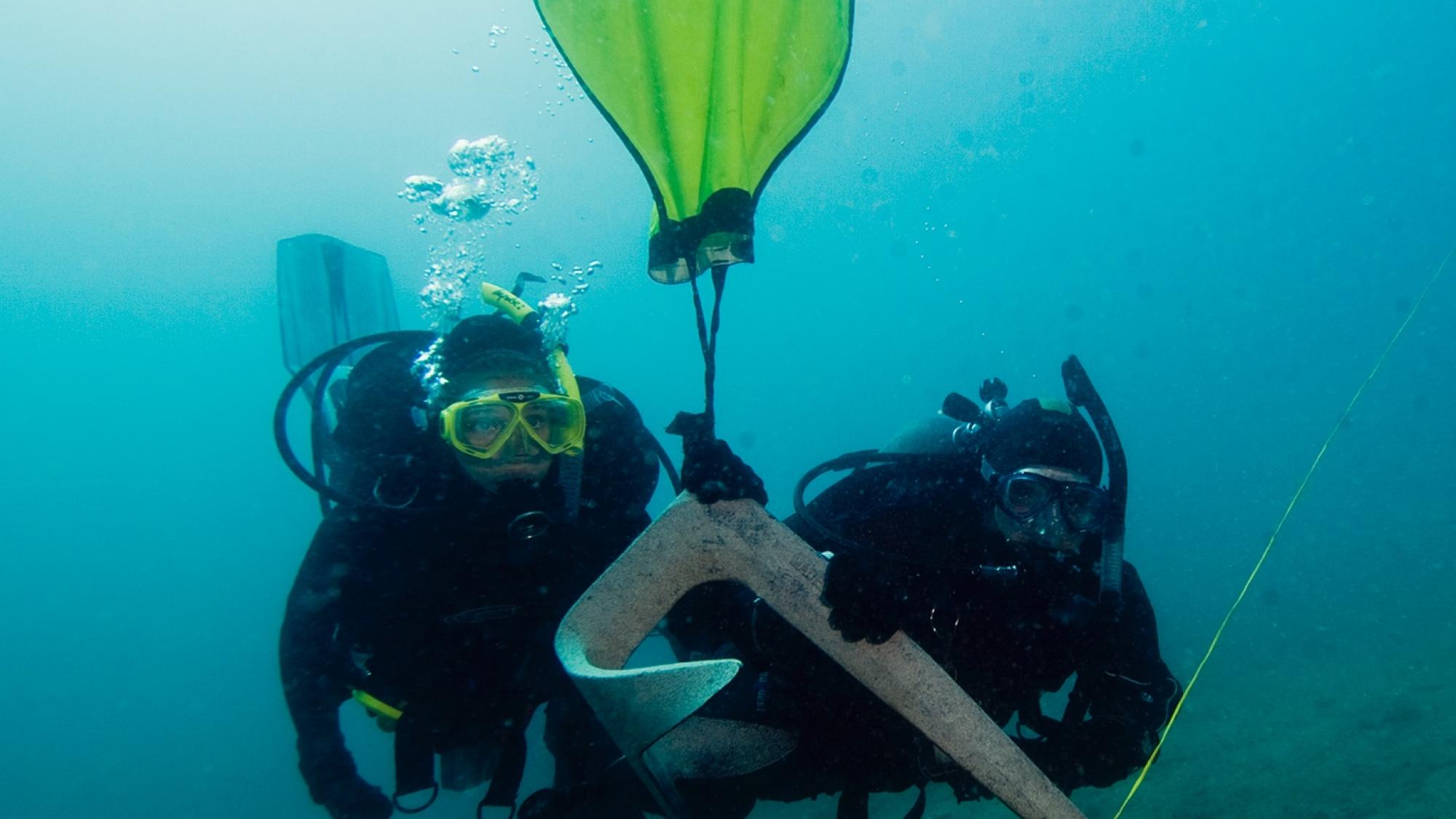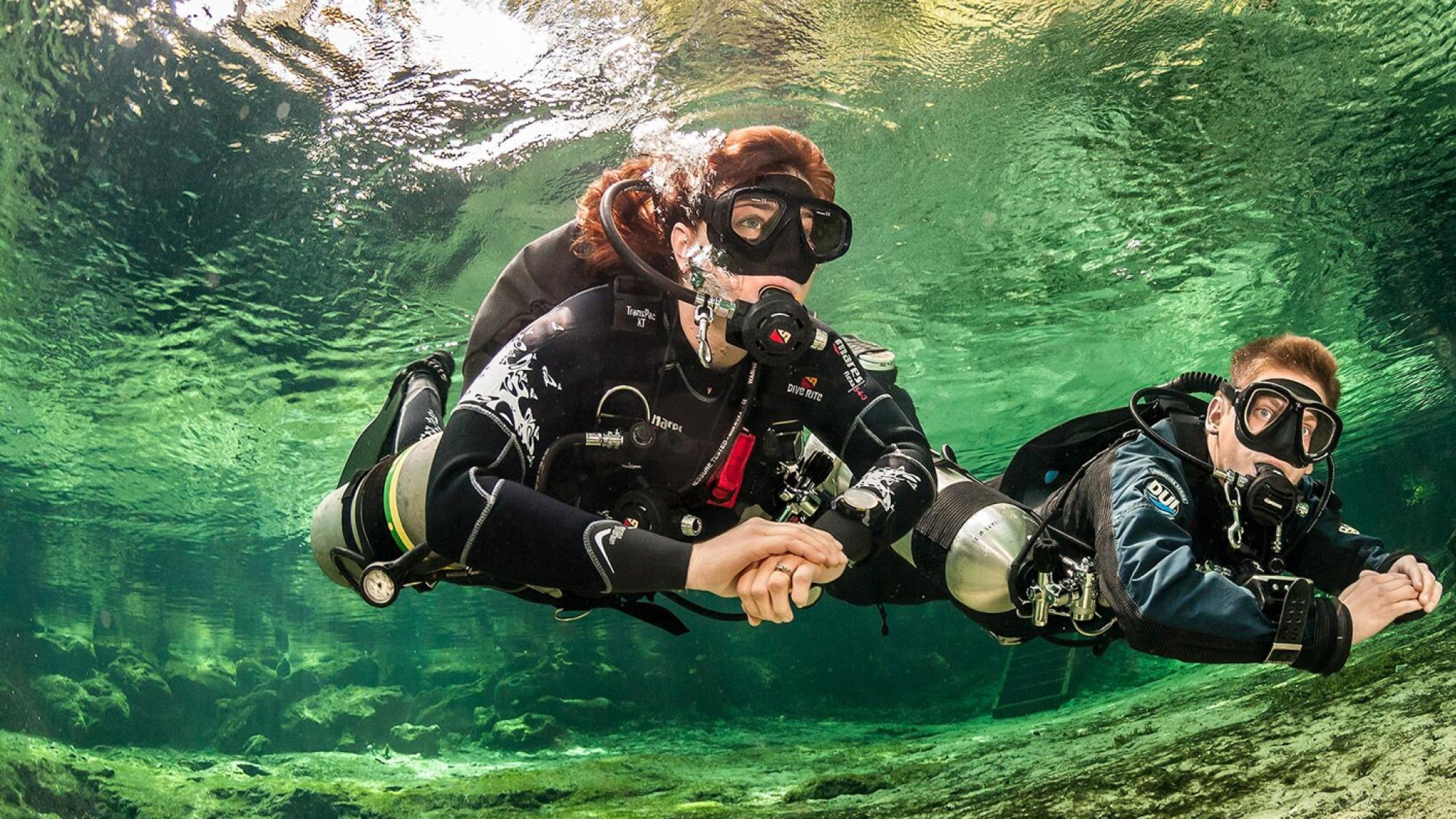Description
With proper training, equipment and the right attitude to accept the risks involved in independent diving, an experience diver can responsibly engage in dives without a buddy. Self-reliant diving is an adventure activity that is not for everyone, but does have its place. If you have the mental discipline and commitment to learn and follow self-reliant diving techniques, you’ll bolster your skills and confidence when diving alone, in a dive pair or as part of a team.
You need to be a PADI Advanced Open Water Diver who is at least 18 years old and has 100 logged dives to enroll in the Self-Reliant Diver course. You’ll also complete a skills assessment with your PADI Self-Reliant Diver Instructor before diving into the course.
Academic
Learning how to compensate for situations you would normally handle with a buddy is the focus of the Self-Reliant Diver course. This includes proper dive planning using air consumption rate calculations, life support system redundancy, and independent management of dive emergencies. During three self-reliant training dives, you’ll practice:
- Performing an air consumption rate swim to gather information for later calculation.
- Switching to a redundant air supply system during simulated emergency situations.
- Swimming without a mask.
- Navigating to various points, including your exit.
- Using a DSMB.
Get credit! The first dive of this PADI Specialty Diver course may credit as an Adventure Dive toward your Advanced Open Water Diver certification – ask your instructor about earning credit.
Equipment
Besides your basic scuba equipment, you’ll need a DSMB, redundant gas source, redundant dive computer and redundant surface signaling device. Your PADI Instructor or local dive center staff will suggest other gear as appropriate.
Getting Started
Visit your local PADI Dive Center and Resort to enroll in the course, and schedule the first class session with your PADI Instructor.


